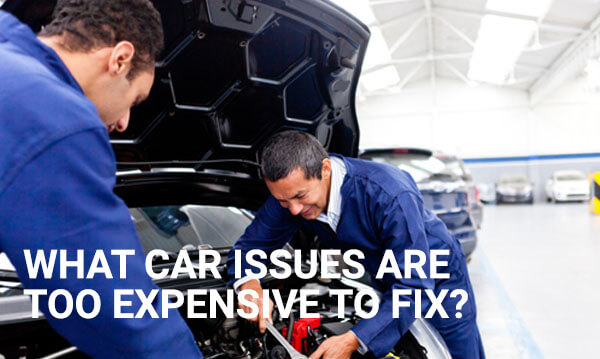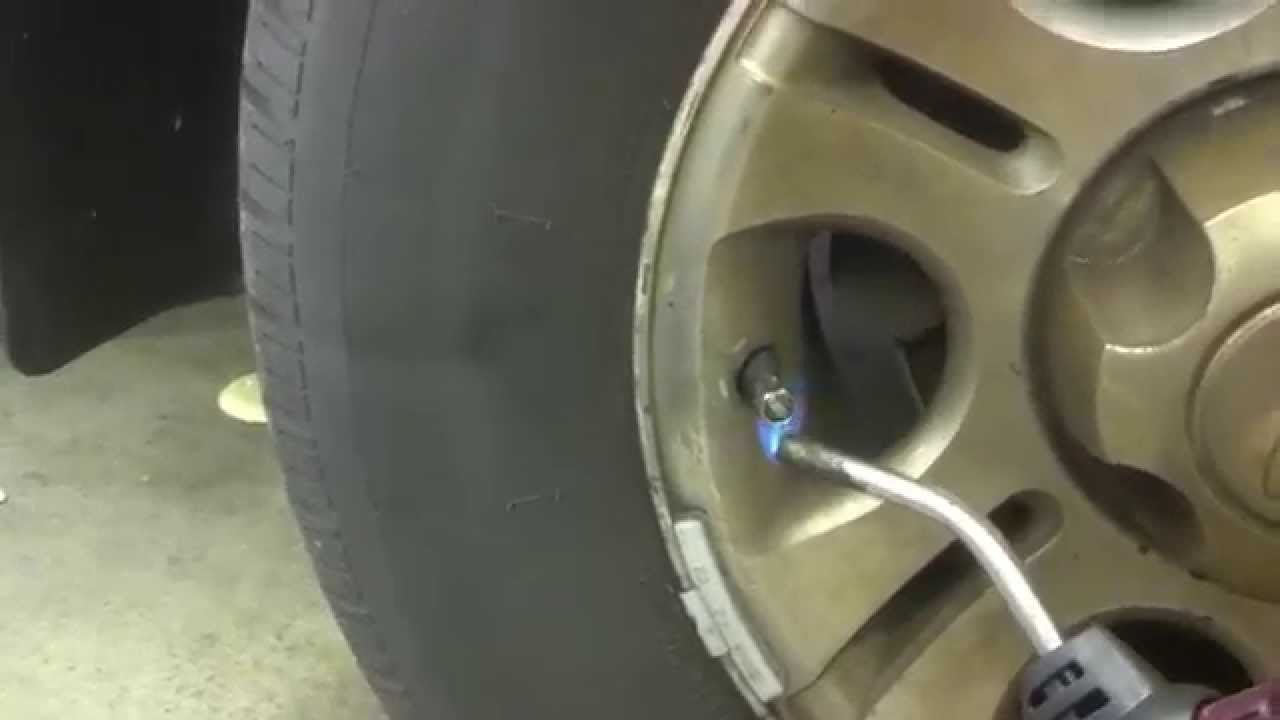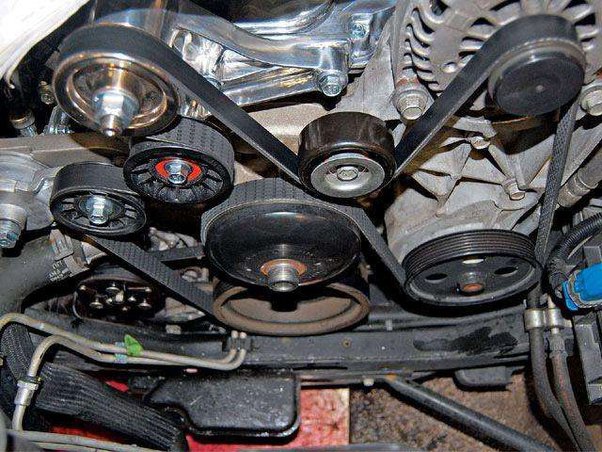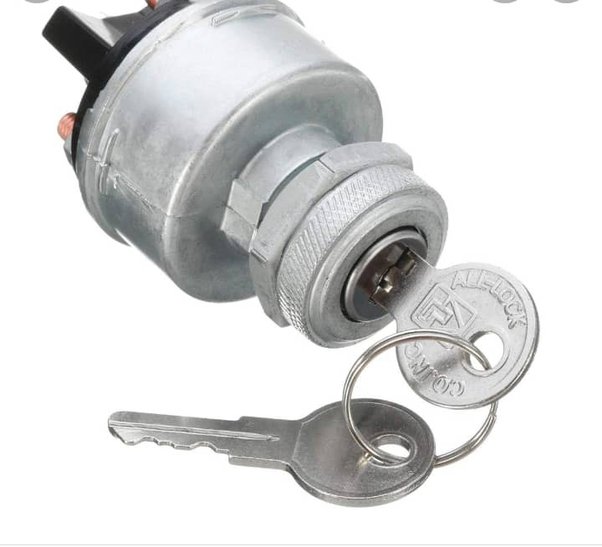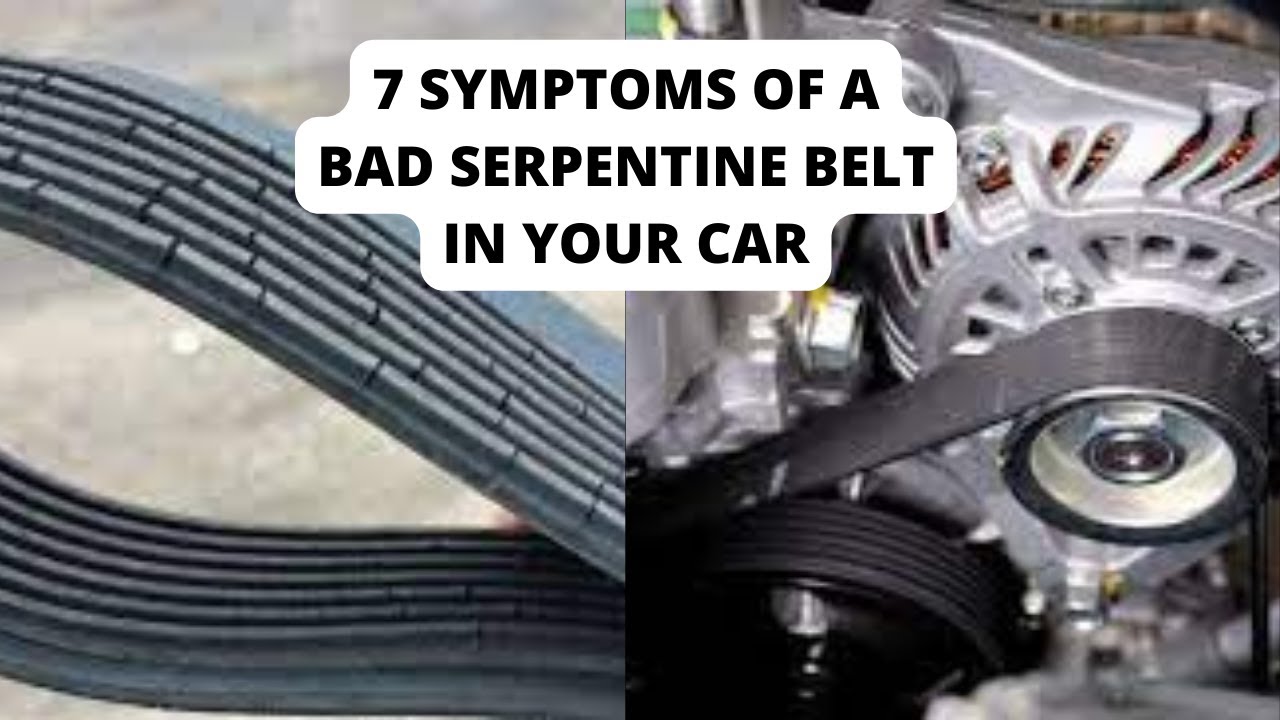What to Do When Car Repairs are Too Expensive
If car repairs are too expensive, consider alternatives such as payment plans, used parts, or selling the vehicle. Seek advice from multiple mechanics for the best course of action.
Navigating the financial stress of pricey car repairs can be daunting. A broken-down vehicle often means you need a quick and cost-effective solution, but sky-high repair costs can throw a wrench in your plans. It’s a situation many car owners face at some point: the dreaded repair bill that exceeds the car’s current value or your available budget.
Finding yourself in this predicament requires a pragmatic approach to evaluate your options, from negotiating with auto repair shops to possibly parting with your vehicle. This introduction prepares you to delve into the practical steps you can take to manage expensive car repairs without compromising your financial stability. You’re not alone in this challenge, and with some strategic thinking, you can make decisions that align with your financial circumstances and keep you on the road.
The High Cost Of Car Repairs
Running into car trouble can quickly become a wallet-emptying experience. Today, fixing your vehicle could cost more than its actual value. For many, this is a major financial headache. So, why are repair bills skyrocketing, and what costly repairs might you face down the road?
Why Auto Repair Costs Are Soaring
Several factors drive the rise in repair expenses. Advanced technologies in modern vehicles demand specialized equipment and skilled technicians.
- Parts and labor costs are climbing.
- Electronic systems are intricate and costly to fix.
- Hybrid and electric vehicles have expensive components.
With these elements at play, your repair bill can shock you.
Common Expensive Car Repairs To Be Aware Of
Knowledge is power, especially regarding potential repair costs. Let’s look at some repairs that can hit your wallet hard.
| Car Part | Average Cost |
|---|---|
| Transmission | $1,500 – $3,500 |
| Engine | $3,000 – $5,000+ |
| Hybrid Battery | $2,000 – $6,000+ |
| Camshaft | $1,500 – $3,000 |
| Head Gasket | $1,000 – $2,000 |
Keep a close eye on these parts to avoid unexpected repair costs. Regular maintenance is key. Be proactive to save money in the long run.
Assessing Your Options
Facing steep car repair costs can be daunting. Consider evaluating alternative transportation options or seeking a second opinion to ensure cost-effectiveness. Exploring financial assistance programs may also alleviate the burden of high repair expenses.
When your car needs repairs that seem to cost a small fortune, don’t panic. Before you decide to shell out your hard-earned money or opt to buy a new vehicle, consider your alternatives carefully. By taking a strategic approach, you may find a solution that’s both practical and financially manageable. Let’s delve into how you can assess your options effectively.Importance Of Getting A Second Opinion
It’s vital to avoid rushing into costly repairs. Seek advice from another mechanic. This could save money and provide peace of mind. A second opinion will ensure that the first diagnosis was accurate and that the suggested repairs are necessary. Be sure to choose a reputable service provider to get the most honest and reliable evaluation.- Ask friends for mechanic recommendations
- Check reviews and ratings online
- Compare repair quotes carefully
Considering The Value Of Your Vehicle
Understanding your car’s worth is important. Compare the repair costs with the vehicle’s value. You might discover that fixing the car could be more expensive than its current market value. To determine this:- Research your car’s resale value
- Factor in age, mileage, and condition
- Subtract potential repair costs from the value
Alternative Financing Solutions
Facing a hefty car repair bill can be daunting. Not everyone has the cash on hand to cover unexpected expenses. Alternative Financing Solutions could be a lifeline. They provide options to spread out payments over time.
Pros And Cons Of Using Credit For Car Repairs
When your car needs urgent repairs, a credit card may seem like a quick fix. Let’s break down the advantages and disadvantages of swiping your card.
| Pros | Cons |
|---|---|
|
|
Exploring Personal Loans And Auto Repair Financing
Finding funds for costly fixes might seem tricky. Personal loans and auto repair financing could offer a solution. Understand your options.
Personal loans offer a lump sum with fixed interest rates. They usually have set repayment terms. Credit checks apply.
- Fixed monthly payments
- Longer repayment periods
- No collateral needed
Auto repair financing is tailored for vehicle fixes. This option might be tied to the repair service. It sometimes offers promotional interest rates.
- Apply through the repair shop
- Often quick approval
- Repayment tied to your repair schedule
Each solution has specific eligibility requirements. Compare terms, rates, and long-term effects on finances before deciding.

Credit: www.sawgrassinfiniti.com
Diy Repairs And Maintenance
Facing steep car repair costs? You’re not alone. But before you dip into your savings, consider DIY repairs and maintenance. Many car issues don’t require professional help. With the right tools and guidance, you can tackle them on your own. This can save you a hefty sum and improve your understanding of your vehicle.
Simple Car Repairs You Can Do Yourself
Even if you’re not a mechanic, certain repairs are straightforward and safe to do at home.
- Change your air filter: Improve air flow and engine performance.
- Replace windshield wipers: Clear vision in rain is essential.
- Install new battery: Keep your car starting smoothly.
- Swap out light bulbs: Stay visible and safe on the road.
- Change engine oil and filter: Guard engine life and efficiency.
Learning From Online Tutorials And Resources
Countless online resources can guide you through DIY repairs. Use these steps:
- Find a reliable tutorial specific to your car model.
- Watch it completely before starting your repair.
- Gather necessary tools and parts based on the tutorial.
- Follow along, pausing and replaying as needed.
- Double-check your work for safety and correctness.
Remember, websites like YouTube have skilled mechanics who share their know-how. Platforms like AutoMD and iFixit offer step-by-step guides for various models.
Note: Always prioritize safety. If unsure, consult a professional before attempting a repair.
When To Let Go
Imagine your car reaches a point where repair costs skyrocket. The decision to repair or replace it is tough. Sometimes letting go is the practical choice. Here’s what you should consider.
Calculating Cost-benefit Of Repairing Vs. Replacing
Start by comparing repair costs against the car’s value. If repairs cost more than the car’s worth, it’s time to say goodbye. Consider long-term expenses too. Will future repairs follow? A simple table helps you break down the costs:
| Car’s Current Value | Repair Costs | Future Expenses | Total Cost |
|---|---|---|---|
| $5,000 | $3,500 | $2,000+ | $5,500+ |
If total costs exceed the car’s worth, consider a replacement.
Navigating The Process Of Selling Or Junking Your Car
- Gather Car Information: Have your car’s make, model, and condition details ready.
- Assess Vehicle Worth: Check online resources to find your car’s current market value.
- Decide to Sell or Junk: If repairs are too costly, sell for cash or junk it.
- Choose a Buyer: Consider dealers, private buyers, or junkyards.
- Complete the Sale: Ensure all paperwork is in order, then sell or junk the car.
Selling might return more money if the car is in decent condition. Junking is best for cars beyond repair. Either way, a tough choice leads to a fresh start.

Credit: phoenixautonashville.com
Prevention And Future Planning
The sticker shock of expensive car repairs can take a toll on your wallet and peace of mind. Prevention and future planning are crucial. They help dodge hefty repair bills and keep your vehicle running smoothly. Let’s explore strategies to minimize unexpected costs.
Regular Maintenance To Avoid Costly Repairs
Regular car checks are like health check-ups. They can catch issues early. This means fixing small problems before they turn into big, expensive ones. Follow the maintenance schedule in your car manual. This plan is specific to your car’s make and model. The basics include:
- Oil changes: Keep your engine happy and lubricated.
- Tire rotation and alignment: Prevents uneven wear, which could lead to costly replacements.
- Brake inspection: Ensuring your brakes are in top shape is crucial for safety.
- Fluid checks: Power steering, brake, transmission, and coolant fluids need regular top-ups.
Building An Emergency Fund For Unexpected Car Expenses
Life is unpredictable. Car troubles can arise without warning. An emergency fund is a financial safety net for these moments. Start small if necessary and grow your fund over time. Aim to cover at least three to six months of living expenses. This money can handle car repairs without disrupting your finances.
To start building your emergency fund, consider the following tips:
- Set a monthly savings goal.
- Create a separate savings account just for emergencies.
- Cut down on non-essential spending to boost savings.
- Look for additional sources of income.
Being proactive with vehicle maintenance and financial planning helps avoid the panic associated with costly repairs. Take these steps today to secure a smoother ride tomorrow.

Credit: www.ramseysolutions.com
Frequently Asked Questions Of What To Do When Car Repairs Are Too Expensive
What To Do If Your Car Is Too Expensive To Repair?
Evaluate the car’s value versus repair costs. Consider selling or trading in if repair exceeds the car’s worth. Explore parting out or scrapping for cash as alternatives.
At What Point Is It Not Worth Fixing A Car?
It’s generally not worth fixing a car when repair costs exceed the vehicle’s current value or one year’s worth of monthly payments on a new car. Consider safety, reliability, and sentimental value when making your decision.
What Happens When Your Car Costs More To Repair Than It’s Worth?
Your car is considered “totaled” if repair costs exceed its value. You may opt to sell it for parts or scrap, or file an insurance claim to recover its depreciated value.
What Is The Most Expensive To Fix On A Car?
Engine and transmission repairs are typically the most expensive fixes on a car. Costs can escalate quickly due to the complexity and labor involved.
Conclusion
Facing costly car repairs can be daunting, but solutions exist. Weigh your options, from DIY fixes to financing. Consider selling or trading if costs outweigh vehicle value. Remember, choosing the right path ensures your finances stay on track and your daily routine remains uninterrupted.
Drive forward with confidence.

